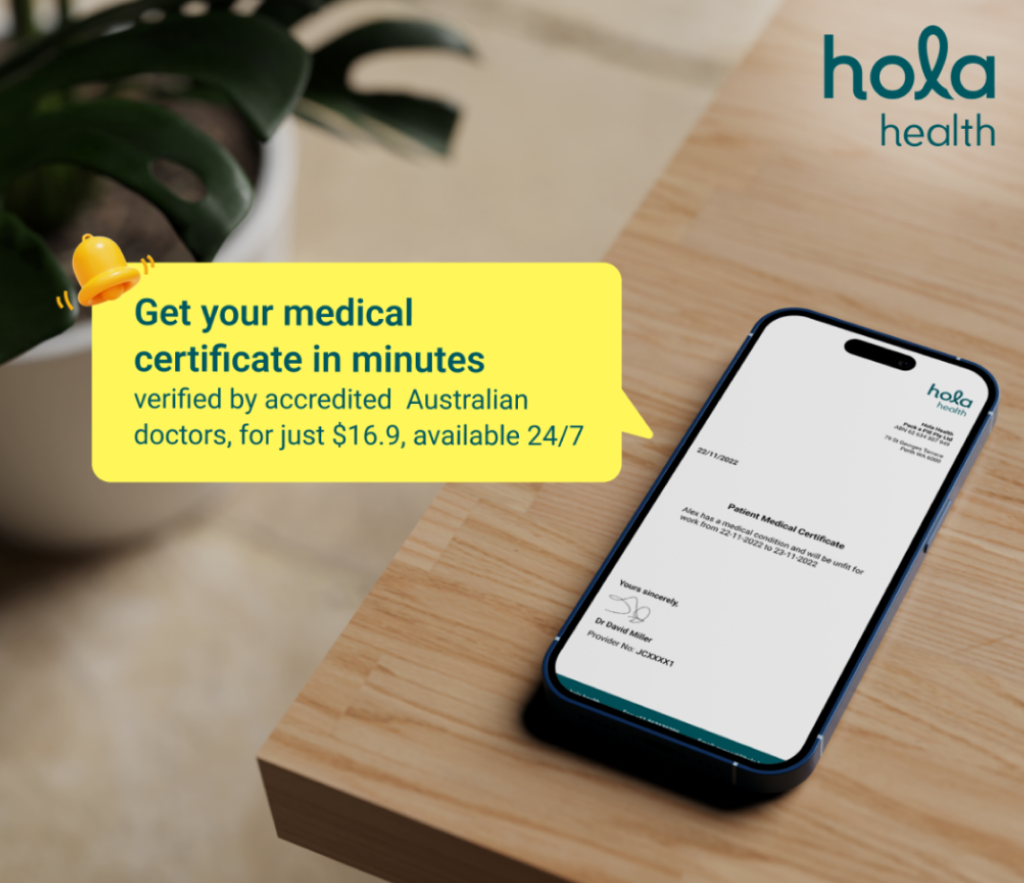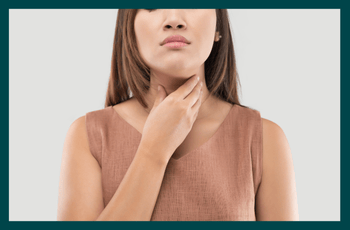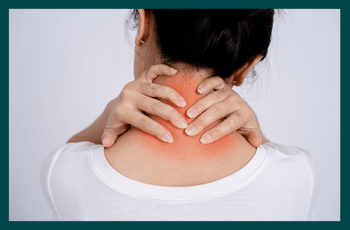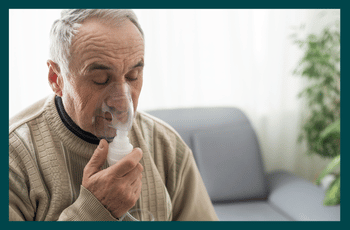- Home
- /
- Health Conditions
- /
- Cold Sores
Cold Sores Treatment
Suffering from cold sores? Avail instant medical advice from AHPRA-accredited health practitioners within 15 minutes, 24/7.
About cold sores

Medically reviewed by Dr. Ammar AL-ANI, MBChB, CCBST, AMC
When to consult a doctor for cold sores?
Most cold sores heal on their own within 7–10 days, but there are situations where seeing a doctor is recommended. You should consult a doctor if:
- It’s your first cold sore outbreak and you’re unsure of the symptoms.
- Cold sores occur frequently or are unusually large and painful.
- Sores last longer than 10–14 days without healing.
- You develop a high fever, swollen glands, or signs of a secondary infection (like pus or increasing redness).
- The cold sore appears near your eyes; this can lead to serious complications.
- You have a weakened immune system due to illness or medication.
- The cold sores significantly affect your ability to eat, drink, or speak.
What are the causes for cold sores?
Cold sores are caused by the herpes simplex virus type 1 (HSV-1), which is highly contagious and spreads through close personal contact. Here are some common cold sore triggers:
- Stress and emotional strain
- Fatigue or physical exhaustion
- Illnesses like colds, flu, or fever
- Exposure to strong sunlight or UV rays
- Hormonal changes (including menstruation)
- Weakened immune system
- Injuries to the lips or mouth
- Dehydration or dry, chapped lips
How do you identify cold sore symptoms?
Cold sores have recognisable signs and symptoms, typically appearing around the lips or mouth. Common symptoms include:
- Tingling, itching and burning sensation
- Small fluid filled blisters
- Blisters that burst and crust over
- Scabbing and healing
- Swollen lymph nodes, mild fever or sore throat
How to prevent cold sores?
Here are some tips to prevent cold sores:
- Avoid direct contact with cold sores, no kissing, sharing utensils, or lip balms with someone who has an active sore.
- Manage stress levels with mindfulness, exercise, or relaxation techniques.
- Use lip balm with SPF to protect your lips from sun exposure, a common trigger.
- Keep your immune system strong with regular sleep, a balanced diet, and hydration.
- Avoid excessive fatigue and physical exhaustion.
- Recognise early warning signs like tingling and start antiviral treatment promptly.
- Stay well-hydrated and avoid letting your lips dry out.
Complications of cold sores
Cold sores are usually mild and self-limiting, in some cases they can lead to complications, especially in vulnerable groups. Here’s a clear breakdown:
- Secondary bacterial infections: Blisters can become infected, causing redness, pus, or increased pain.
- Eye infections (Herpes keratitis): If the virus spreads to the eyes, it can lead to serious issues like corneal damage or vision problems.
- Severe outbreaks in people with weakened immune systems: Such as those with HIV, cancer, or on immunosuppressant medications.
- Eczema herpeticum: A rare but serious condition where the virus spreads to large areas of skin in people with eczema.
- Psychological distress: Recurrent cold sores can cause anxiety, embarrassment, and social discomfort.
- Scarring: Rare but can happen if sores are repeatedly picked at or become infected.
Are cold sores contagious?
How long do cold sores last?
What can I do to avoid spreading cold sores to others?
Preventing the spread of cold sores is important since they’re highly contagious, especially when blisters are present. Here’s how you can protect others:
- Avoid kissing, oral sex, and close facial contact while you have an active sore.
- Don’t share personal items like lip balms, cutlery, drink bottles, towels, or makeup.
- Wash your hands frequently, especially after touching your face or applying cold sore treatments.
- Avoid touching the sore, and if you do, wash your hands immediately.
- Use a separate towel or pillowcase while you have an active outbreak.
- Stay home from work or social events if your job involves close contact with others, particularly babies, elderly people, or immunocompromised individuals.
- Avoid triggers like stress, sun exposure, and fatigue to reduce recurrence risk.
How to get a doctor appointment online?
You can get an online doctor’s appointment through Hola Health. The process is simple and straightforward. To speak to a qualified health practitioner, visit Hola Health website or app, fill in your details, Medicare information along with the payment. Connect with an online doctor or health practitioner shortly over a video appointment and discuss your medical concerns. Post the telehealth consult, receive instant scripts via SMS or medical certificates or referrals via email if approved by the practitioner.
How can I get a referral online through Hola Health?
If your condition requires deeper investigation, Hola Health doctors would be able to provide online GP referrals in Australia, 24/7. You can request GP referrals for specialists, pathology tests, radiology tests, blood tests and more. To receive a referral online:
- Visit Hola Health website or app.
- Click on online referrals’ “See a doctor now” and choose the consultation type.
- Fill in your details and make the payment using a secure payment gateway.
- Speak to an AHPRA-accredited medical practitioner within minutes.
- If the doctor approves, you can get a referral online sent to your email.
Are online medical certificates valid across Australia?
How can I request an instant script online?
Can I get an after-hours consultation through Hola Health?
How can we help?
Hola Health offers quick telehealth services often within 15 minutes from the comfort of your home. Connect with a licensed health practitioner 24/7 through an array of Hola’s services. These services include:
- Consult a telehealth doctor through an online doctor’s appointment, 24/7.
- Request a medical certificate online for work, school or university, carer’s certificate or multi-day medical certificates.
- Request an online script through 24/7 online prescription services. Get medicine delivery through online pharmacy delivery.
- Bulk-billed mental health care plans online available through mental health assessments from qualified online doctors.
- Quick after-hours consultations post clinical hours, on weekends, or on public holidays.
Talk to a doctor today
Instantly connect to a registered practitioner within 15 minutes from anywhere in Australia, 24/7 for:
- General consults
- New & repeat scripts
- Referrals
- Medical certificates
- Mental health plans

Read more about cold sores
Access telehealth services
Doctors Brisbane | Doctors Melbourne | Doctors Perth | Doctors Sydney | Doctors near me | Doctors Canberra | Doctors Adelaide | Doctors Darwin | Doctors Hobart
After hours Doctor Brisbane | After hours Doctor Melbourne | After hours Doctor Perth | After hours Doctor Sydney | After hours Doctor Hobart | After hours Doctor Gold Coast | After hours Doctor Canberra | After hours Doctor Adelaide | After hours Doctor Darwin | After hours GP | After hours doctor
Medical certificate | Medical certificate online for work | Medical certificate for school | Medical certificate for Uni | Medical certificate for stress | Carer’s leave certificate | Medical certificate NSW | Medical certificate QLD | Medical certificate VIC | Medical certificate WA | Doctors certificate online | Multi-day Certificate | Sick certificate online | GP medical certificate | Doctors note | Telehealth medical certificate | 2-day medical certificate | Medical certificate for sick leave
Instant scripts | eScript | Online prescriptions | Online prescriptions Sydney | Online prescriptions Melbourne | Online prescriptions Perth | Online prescriptions Brisbane | Online Rx prescription
Online referrals | Blood test referral | X-Ray referral | Pathology referral | Radiology referral | Specialist referral | Gynaecologist referral | Audiology referral | Ophthalmologist referral | Paediatrician referral | Ent specialist referral | Endocrinologist referral | Dermatologist referral | Urologist referral | Gastroenterologist referral
Telehealth appointment | Online Doctor | Bulk Billing Doctors | Doctors on-demand | Instant consult | Covid antiviral | Dial a Doctor | Online GP | Doctor appointment | Bulk-billing doctors | Telehealth pricing | GP online chat | Australian doctor | Web doctor | Home doctor | 24-hour doctor















